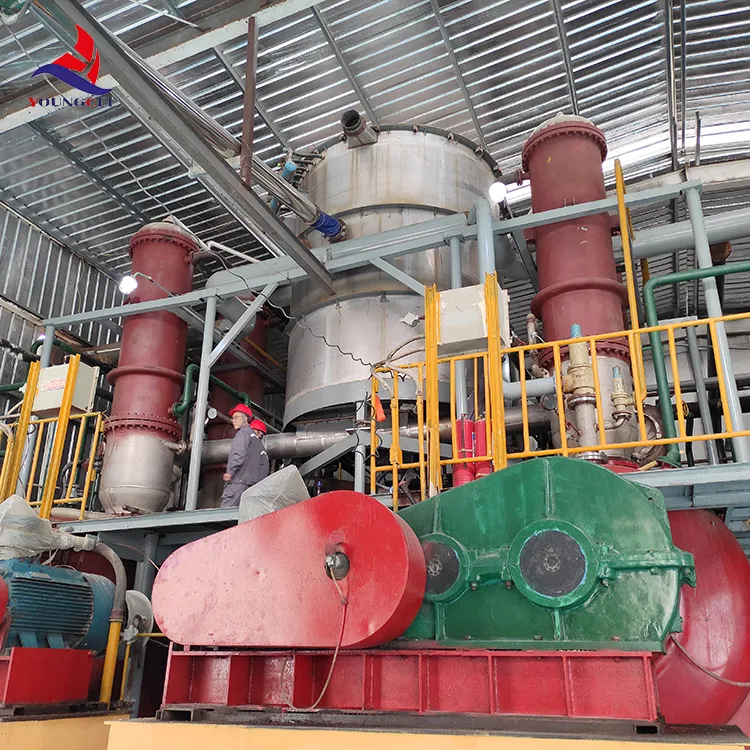Hpmc Cellulose is a non-ionic water-soluble polymer material widely used in multiple fields. Hpmc Cellulose has gradually become an indispensable ingredient in various industrial and daily life products due to its excellent thickening, stability, and biocompatibility. This article will explore the thickening properties of Hpmc Powder Tile Adhesives and their practical impact in different application fields.

The thickening property of Hpmc Cellulose is attributed to its unique chemical structure and physical properties
The hydroxypropyl and methyl substituents in its molecular chain endow Hpmc Chemical with good water solubility. In water, Hpmc Cellulose forms a network structure with water molecules through hydrogen bonding, significantly increasing the viscosity of the solution. This thickening property makes Hpmc Cellulose an ideal choice for preparing various viscous liquids, such as pharmaceutical preparations, food, and cosmetics. The strength of the thickening effect can be achieved by adjusting the molecular weight and degree of substitution of Hpmc Cellulose, providing flexible options for the industry.
In the pharmaceutical field, Hpmc Cellulose is widely used as a thickener in drug delivery systems
It can not only improve the stability and solubility of drugs, but also regulate the rate of drug release. For example, in the preparation of ophthalmic preparations, the thickening property of Hpmc budada can increase the adhesion of eye drops, prolong the residence time of drugs on the ocular surface, and thus improve the therapeutic effect. In addition, Hpmc Cellulose also plays a role in bonding and thickening during the preparation of tablets, ensuring effective drug release in vivo.
In the food industry, Hpmc Cellulose is used as a thickener and emulsifier to enhance the texture and taste of food
Because it can form stable colloid and lotion, Hpmc For Shower Gel is widely used in dairy products, sauces, ice cream and low-fat food. In these applications, Hpmc Cellulose not only increases the viscosity of food, but also improves its taste and appearance, making it more competitive in the market.
In the construction and coating industries, Hpmc Cellulose has also demonstrated its unique thickening effect and stability
As an additive in water-based coatings, Hpmc Cellulose can effectively improve the rheological properties of coatings, prevent precipitation and delamination. This characteristic is crucial for improving the construction performance and final effect of coatings. Meanwhile, the thermal stability of Hpmc Cellulose makes it irreplaceable in the application of building materials, and it can maintain stable performance in high temperature and high humidity environments.
In summary, hydroxypropyl methyl cellulose is widely used in various industries such as medicine, food, and construction due to its excellent thickening properties, and has become an important component of many products. With the advancement of technology and the development of production processes, the application scope of Hpmc Cellulose is expected to further expand and will play a more important role in different fields. In the future, in-depth research on the performance and application mechanism of Hpmc Cellulose will provide more opportunities for innovation and development in related industries.
-
The Versatility of Industrial Additives: Mhec, Hpmc, And Wall Putty SolutionsWararkaMar.28,2025
-
The Importance of HPMC in Modern IndustriesWararkaMar.28,2025
-
Partnering with Reliable Manufacturers for Optimal ResultsWararkaMar.28,2025
-
Enhancing Construction Performance with Redispersible Polymer PowdersWararkaMar.28,2025
-
Enhancing Construction and Household Products with Advanced AdditivesWararkaMar.28,2025
-
Building Strong Foundations with Key Construction MaterialsWararkaMar.28,2025






